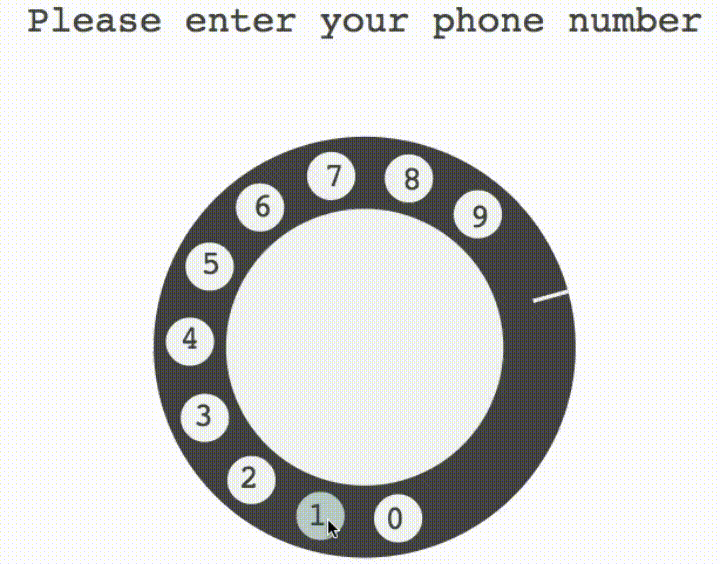There’s a mysticism that surrounds writing web content and web development.
There’s a mysticism that surrounds writing web content and web development. It’s tempting to feel like developers have some sort of special, unique connection to a well of creativity – everyone else can look in and make a wish, but web content developers go down on the chain and dive, and the water turns them to something extraordinary. That couldn’t be further from the truth.
There’s a reason writing is surrounded by words like wordsmithing, SEO and copywriting: It’s a form of projecting amusement, interest, skill and information all at the same time to your audience. Like in carpentry, bolt-it-together words. Writing is just cabinet-making with language.
We create art. Wordplay is one of a writer’s most important skills.
The Romans knew that. The terminology of their rhetorical glossaries — asyndeton, epizeuxis, chiasmus — is an almost exhaustive list of anything you can possibly do with a sentence. These are linguistic craft techniques. Particular kinds of joint, different finishes and veneers.
The User Experience (UX)
Writing is treated differently to carpentry, pottery, pattern cutting, even fine art, because you can’t see it. It’s obvious, what a carpenter does. The wood and the chisels are in front of you. But it would be very hard to watch a writer write a web and develop content or indeed an author writing a novel. Imagine Charles Dickens adjusting three words on a webpage to tie into a product or service that appears on another page, thereby smoothing the whole shape of the site very slightly. But you can’t see at a glance what that image or copy does to the site, not in the same way you can watch a carpenter turn a pattern on a table leg. To see the shape of the site, you need to spend a few days reading and looking it, and to see how that shape changes under construction, you’d need to read it look at it several times, from differing view points. It’s a difficult thing to show someone clearly, and therefore easy to shroud in mystery.

Web development
But, making a website is exactly the same as making anything else, whether it’s a table or a pot or a dress. Developers are surrounded by tools and techniques, shelves and shelves of them, and website have shapes. Fashion designers make a first draft in calico and then chuck it, and so do a lot of developers. If styles were stitching techniques there would be just as many as you’d find in a fashion studio, and apprentices have to learn them all to adjust for the visitor’s behaviors, attitudes, and emotions.
That very simple truth, though, comes as a shock to a lot of developers who are just starting out. Most have no idea how much crafting of content has to happen before you finish a site and then tweaking it. Writers of novels know this. For every ten thousand words they write, after editing they get to keep one thousand, at a conservative estimate.
This construction process isn’t obvious is a problem unique to writing and web development. What you throw away and the amount of work you do is clear for tailors, carpenters, potters, painters, but a lot of fledgling developers go into the profession blind, simply because they’ve never seen the process start to end — only the finished product.
It can quickly become a problem, because it means you don’t know when to think you’re done. A lot of websites fail because people publish to soon and or have not thought through the content online. To do so at a traditional house, is not something that is done Some site owners experience something almost like shell-shock upon being exposed to the algorithms of google and the full force of social media. These website owners end up rebuilding the site on a solid platform and having to rewrite everything a lesson often handed down as cautionary tales against the industry, with horror. It’s the same as lathing down beams and remaking joints because the old ones were clumsy.
There’s no mystique to it. There’s no well. Web content is carpentry. The craft takes a long time, to learn. You don’t have to get it right the first time either. So if you think your developer could be a good cabinet-maker, they could be a good web developer to.

